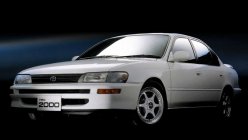In the advent of an era when gas prices are just guaranteed to shoot up in astronomical costs, a common motorist concern will always be how he will get the best bang for his buck when it comes to gas mileage.
We often shift our focus on the hunt for the most fuel efficient cars but have we ever asked ourselves if the fuel that we use is giving us the optimum mileage that we oh so truly deserve?
Your local car experts AKA as your Manongs and Titos who had been blessed with years of experience in dealing with cars have most likely recommended your fuel of choice with no semblance of an idea as to why we choose the fuel that we use. Is there really a basis that you can rely on when choosing the right fuel for your car, besides price?
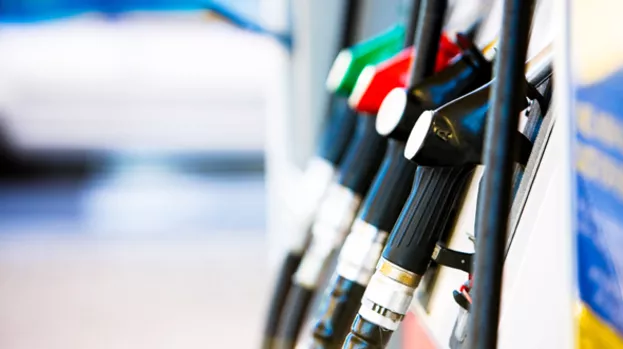
Is price really everything, when it comes to choosing the right fuel?
Prices that are often volatile and dependent on where you live may not be the best reason why you choose the specific brand of fuel that should juice up your engine. So if not price, what can you consider?
>>> Related: What is the difference between regular and premium fuel?
1. Check the octane (or cetane) rating
For gasoline-powered vehicles, a higher octane rating means a higher resistance to auto-ignition, simply put its your fuel‘s resistance to burn under pressure. As much as possible, the fuel mixture should only burn when the sparkplugs fire during the piston's power stroke. But because of the compression stroke of the pistons, the pressure that air-fuel mixture is subjected to may induce premature combustion. The premature combustion can be heard or felt as a ping or a knock. This may result to your engine’s deterioration and decline in performance.
Check your manual as you should never fuel up with gasoline that has a lower octane rating than what is recommended for your vehicle. Make no mistake however, as this does not mean that you need to get a higher octane rating for maximum fuel efficiency - just fuel up with what meets your car’s recommended octane rating.
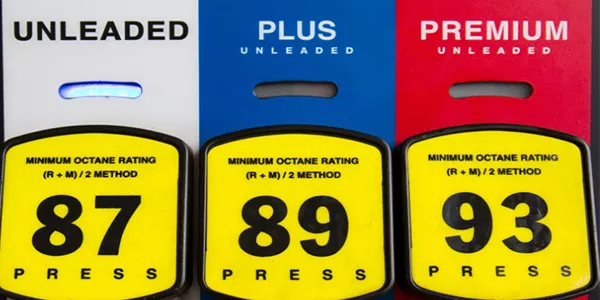
How do octane levels make a difference?
Conversely, since a diesel engine only relies on the compression-induced combustion, the lower the octane (or the higher the cetane number) of the diesel, the quicker it is to combust (or detonate in car terms), so it would actually do your diesel engine good if the cetane number is high.
Again to clarify, a higher cetane number does not mean better fuel efficiency. What you get is less soot in your tailpipes. This means smoother idling, and no excess noise from your engine.
Caltex with Techron Certified Euro 4
2. Consider the additives
Fuels have detergents infused in them No, that does not mean you can wash your clothes with gasoline!
But when you really think about it, the additives that your local gas station does the same thing as the laundry detergents that you use for your clothes; they clean your engine.
The more that the engine is used, the more residue it leaves behind in the pistons. As these deposits build up, they cause your agent to burn more gas in order to run. The gunk in your engine puts your pistons in an unnecessary stress, and it burns more fuel than it should, just for your vehicle to be powered. Gunk invites more gunk, so it gets worse if left unchecked.
Some gasolines have detergents as additives, as seen in the adverts that in TV, and it would do you good to check them out. Similarly for diesel powered engines, there are additives that you can purchase to help with the gunk problem.
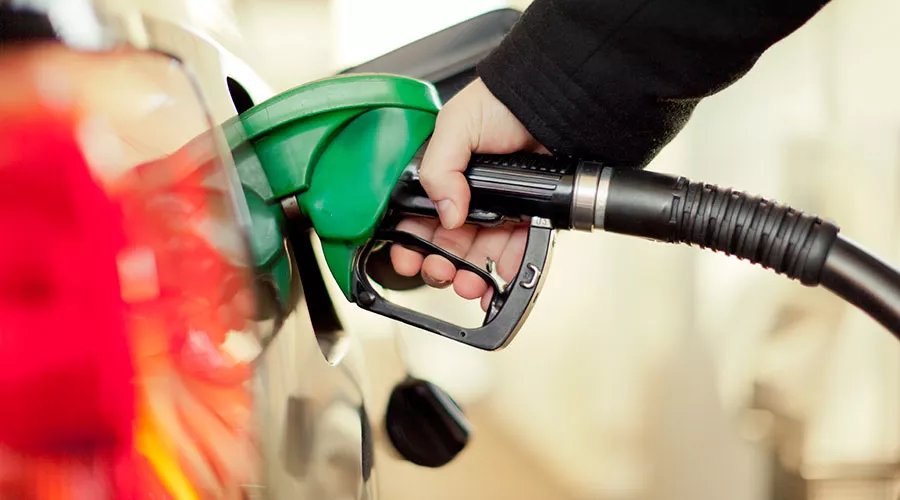
One must always think about how much they consume fuel
>>> Click for more car tips and advice on Philkotse.com
3. Consider fuel consumption rate
Two things must be done to get an accurate rating of your consumption rate, and both steps require due diligence. If you are the type of driver with a set route pattern (if you use your vehicle to and from the office) check how much mileage you cover per liter of fuel you consume. We do not recommend rough estimations as there may be variable factors that you encounter in each drive.
Observing your fuel consumption over an extended period of time while keeping tabs with the cost you shell out every time you gas up can be helpful. Make sure to establish a reliable baseline before changing to a higher or lower octane rating, as it gives you a clearer point of comparison on which fuel you should use in your daily drives.
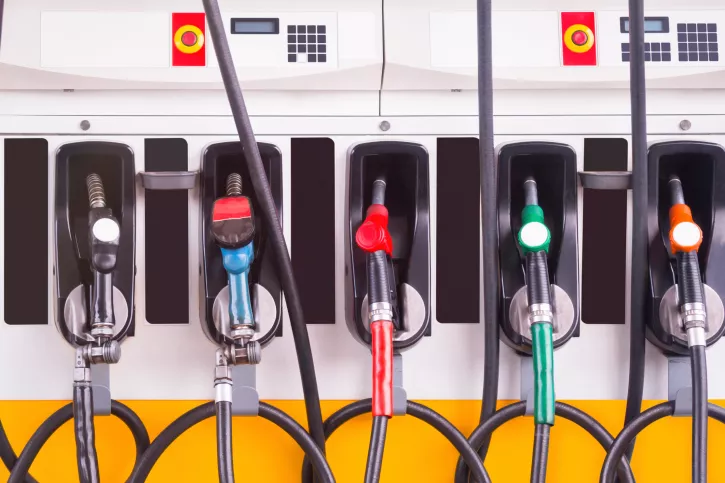
Choose your fuel wisely!
This can be a foreign subject to talk about for most non-enthusiast drivers because they would often just rely on the fuel economy ratings of the car that they use. Understandably enough, this is because car manufacturers often use this as a marketing point for their engines. But even when the car is well-suited for the driving conditions that one faces in his usual route, we often do not think about the choices that we make when picking the best gasoline or diesel for our engine. This often points out to a question of practicality.
A driver may ask, do I have to drive for a few extra kilometers just to fuel up the right juice and possibly save a few extra centavos per liter, a cost that may be negligible in the long run plus the added stress of gassing up somewhere inconvenient. Some would argue that the hassle offsets the cost benefits.
That is why it is important to get reliable data for mileage and compare it with cost per a set period of time. You will be surprised that the annual fuel costs can be significantly lowered, even when the fuel prices in our economy are constantly changing.
4. Final thoughts
Allow us to borrow a quip from Top Gear to conclude this article. To answer the question, which fuel brand do I use for my car: “The fuel brand along your daily route with the octane rating that gets you the best fuel economy for your driving environment and habits is the fuel that's best-suited for your car.” The answer may be a little safe but true enough, the biggest bang for one’s buck still relies on the makeup of one’s vehicle, one’s driving habits and more importantly, the way one intelligently thinks of the fuel they consume.
>>> Related posts:
Recent posts
- switching to another fuel brand Dec 14, 2020
- gas topping good or bad Jul 19, 2022
- Top 4 popular alternative fuels: Debunking the myths Aug 16, 2022
- Ethanol vs. Gasoline: Which type of fuel is the best for your car? Aug 16, 2022
- 5 Different Types of Fuels in the Philippines: Pros & cons Jan 26, 2021


